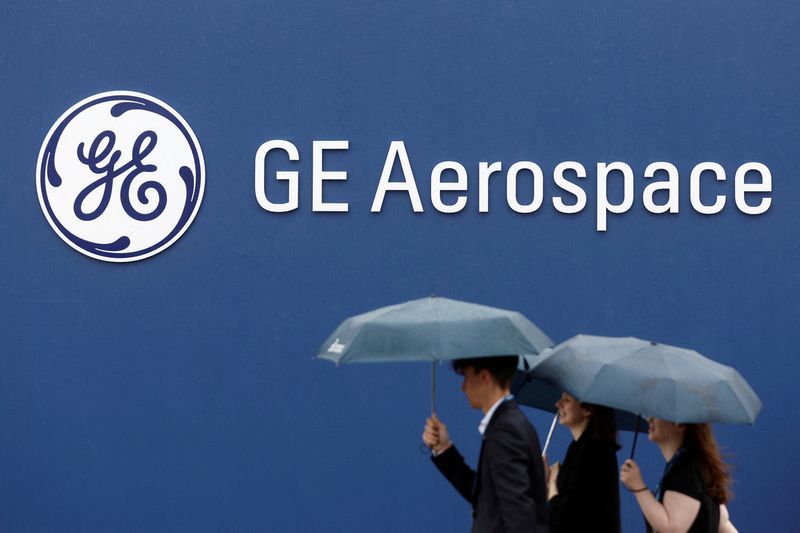Follow us on LinkedIn
When evaluating financial information, professionals use different approaches to assess the accuracy and reliability of a company’s financial statements. These methods vary in the level of assurance they provide to stakeholders.
Some approaches involve in-depth examination, extensive testing, and evaluation of internal controls, while others focus on a more limited scope of procedures. Each method serves distinct purposes and caters to stakeholders’ specific needs for confidence in the financial data.
What is a Review Engagement?
A review engagement is a type of assurance service provided by a certified public accountant (CPA) or a chartered accountant to evaluate the financial statements of a company or organization. In a review engagement, the auditor performs procedures that provide limited assurance of the accuracy and reliability of the financial statements.
Unlike a full audit, which provides a higher level of assurance, a review engagement involves performing analytical procedures and making inquiries. However, it does not include extensive testing of accounting records or examination of supporting documentation. During a review engagement, the auditor assesses whether the financial statements conform to the applicable accounting standards and appear reasonable in line with the company’s financial position and performance.
How does a Review Engagement work?
In a review engagement, a certified public accountant or chartered accountant assesses a company’s financial statements to provide limited assurance of accuracy and reliability. The process involves planning, analytical procedures, inquiries, and limited substantive procedures. The auditor compares financial data, discusses it with management, and performs targeted tests to identify unusual trends or discrepancies.
Based on the evaluation, the auditor issues a review engagement report, expressing that the financial statements appear reasonable and free from material misstatements to a moderate extent. However, the level of assurance provided is not as comprehensive as a full audit. Review engagements are often chosen when stakeholders require some confidence in the financial statements but do not need the higher level of assurance provided by a full audit.
What is the difference between a Review Engagement and a Full Audit?
The differences between a review engagement and a full audit are as follows.
Level of assurance
The main difference between a review engagement and a full audit is the level of assurance given. A full audit provides a higher level of assurance as the auditor conducts extensive testing and verification of accounting records and supporting documentation. In contrast, a review engagement comes with limited assurance, as the procedures performed are less comprehensive.
Scope of procedures
In a full audit, the auditor performs extensive substantive procedures, including detailed testing of transactions, account balances, and internal controls. A review engagement involves fewer procedures, such as analytical procedures and inquiries, and does not include the same level of detailed testing.
Testing of controls
A full audit includes assessing internal controls and testing their effectiveness in preventing and detecting material misstatements. In a review engagement, the focus is on understanding the company’s accounting policies and practices. However, it does not include evaluating the effectiveness of internal controls.
Report content
The report issued after a full audit is a detailed Audit Report that includes the auditor’s opinion on the fairness of the financial statements. In a review engagement, the auditor issues a Review Engagement Report expressing limited assurance and stating that the review engagement does not provide the same level of assurance as an audit.
Time and cost
A full audit requires more time and resources due to the extensive procedures involved, making it more costly than a review engagement. Review engagements are generally more cost-effective and can be completed more quickly.
Conclusion
A review engagement is a service provided by auditors that provides limited assurance. However, it is not the same as a full audit. They differ in the assurance level, scope, test of controls, report content, time and cost, etc. Review engagements are cost-effective for stakeholders to obtain specific assurance on some levels.
Further questions
What's your question? Ask it in the discussion forum
Have an answer to the questions below? Post it here or in the forum




